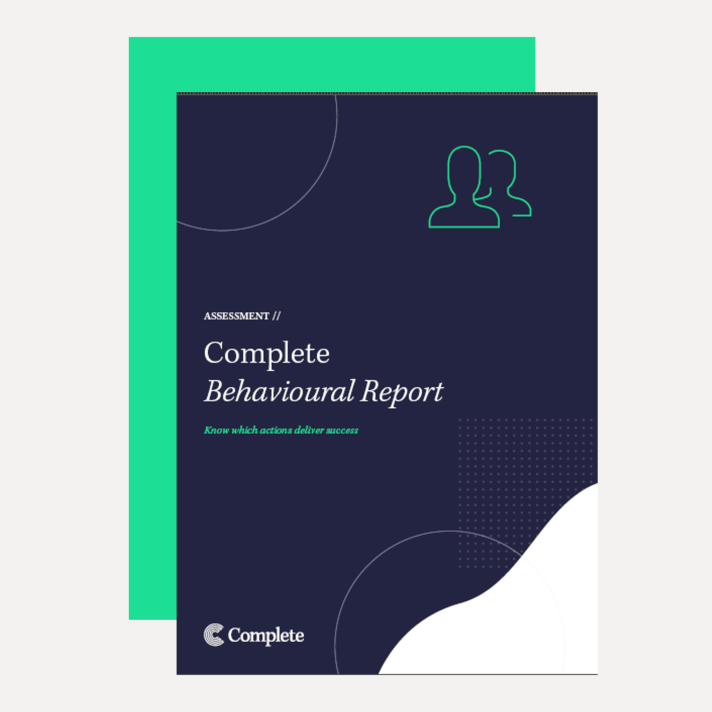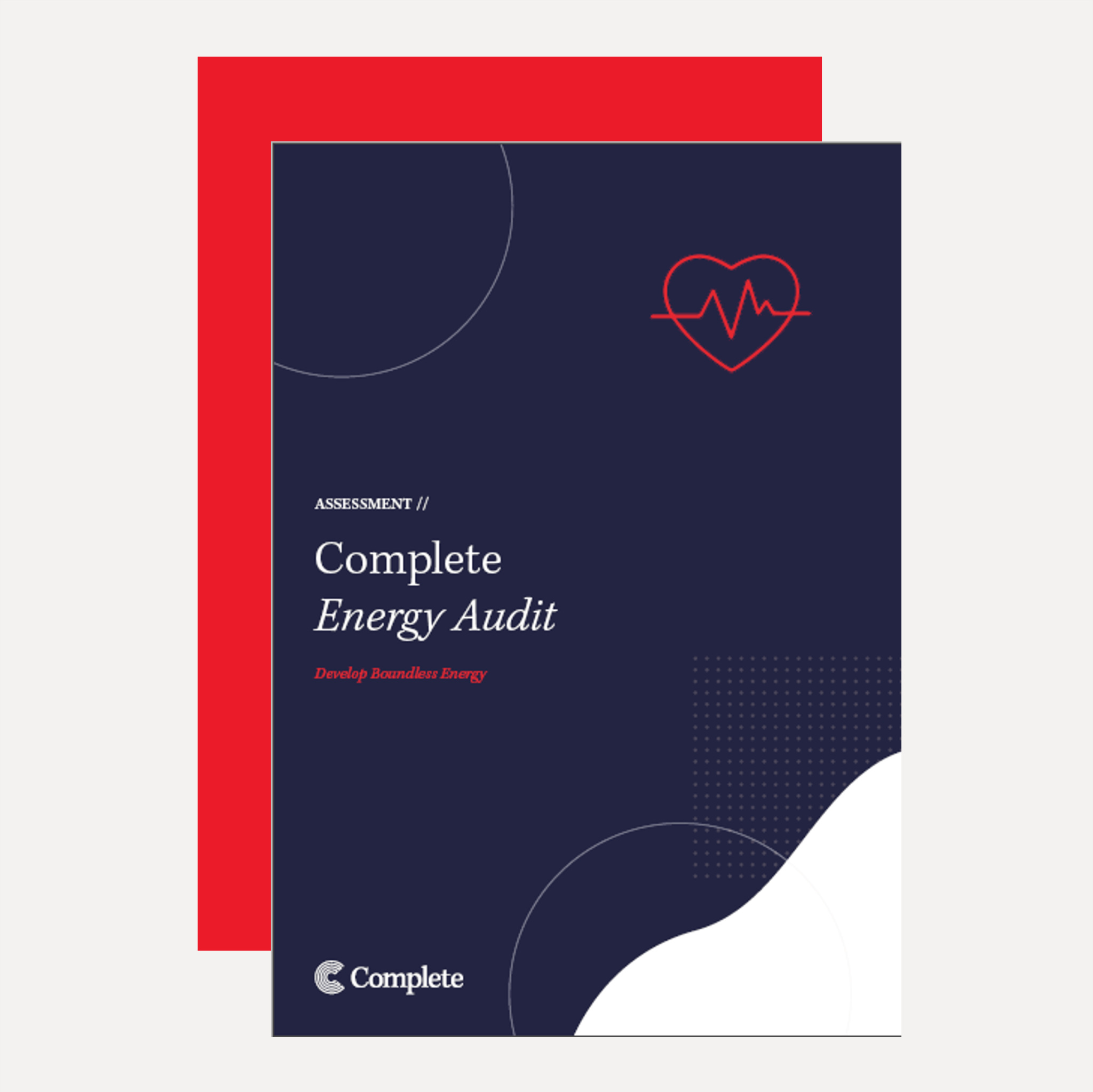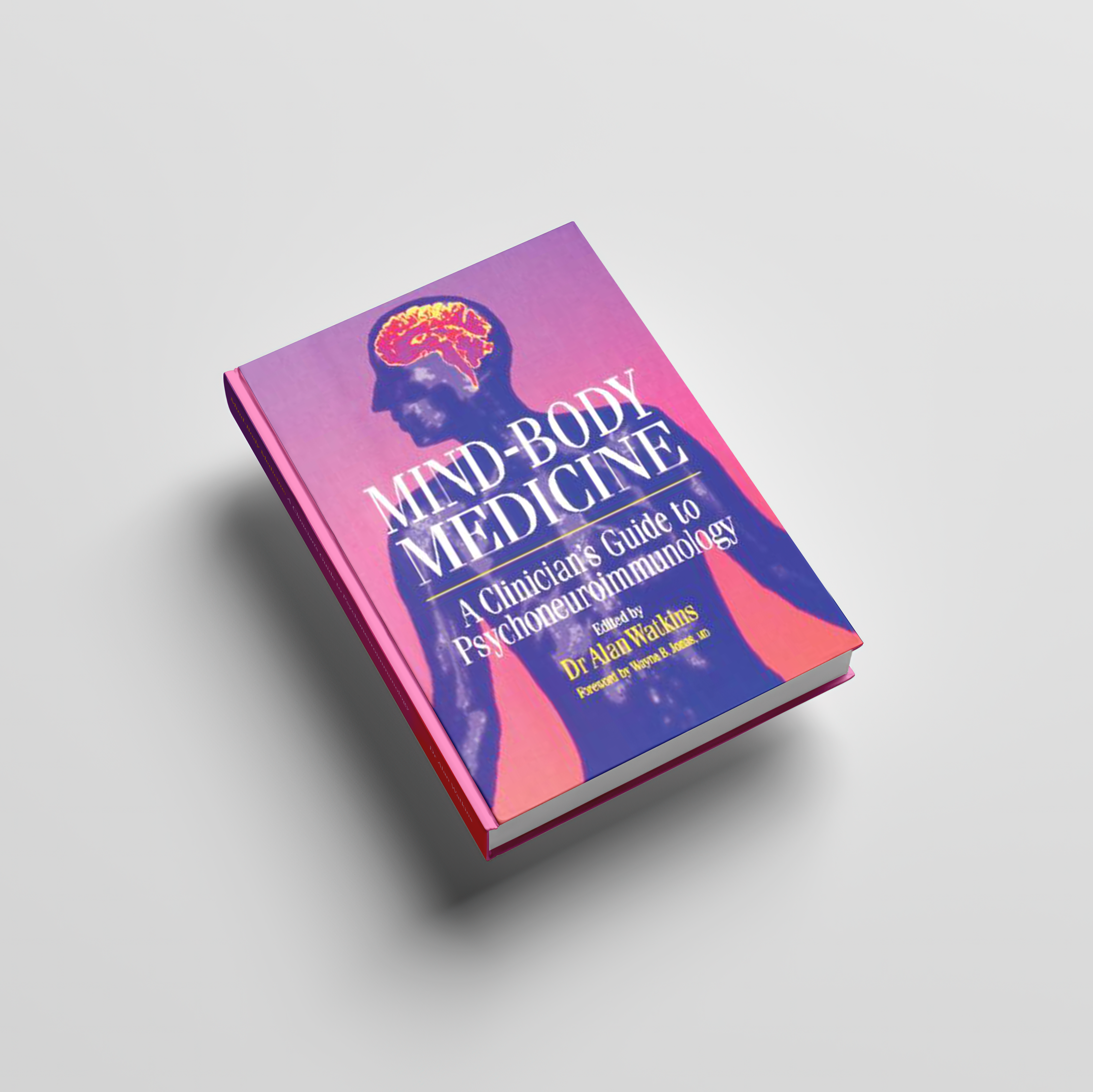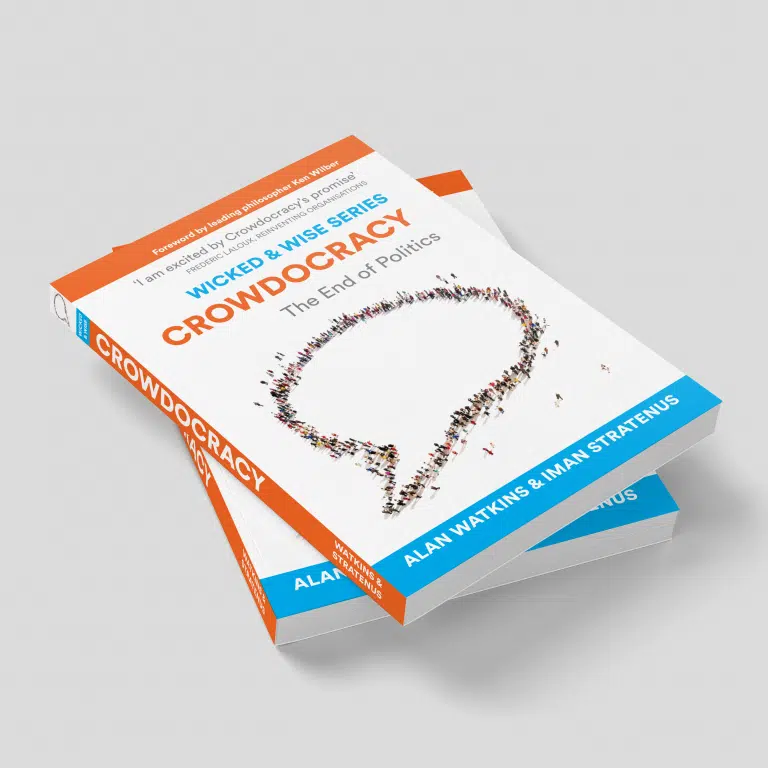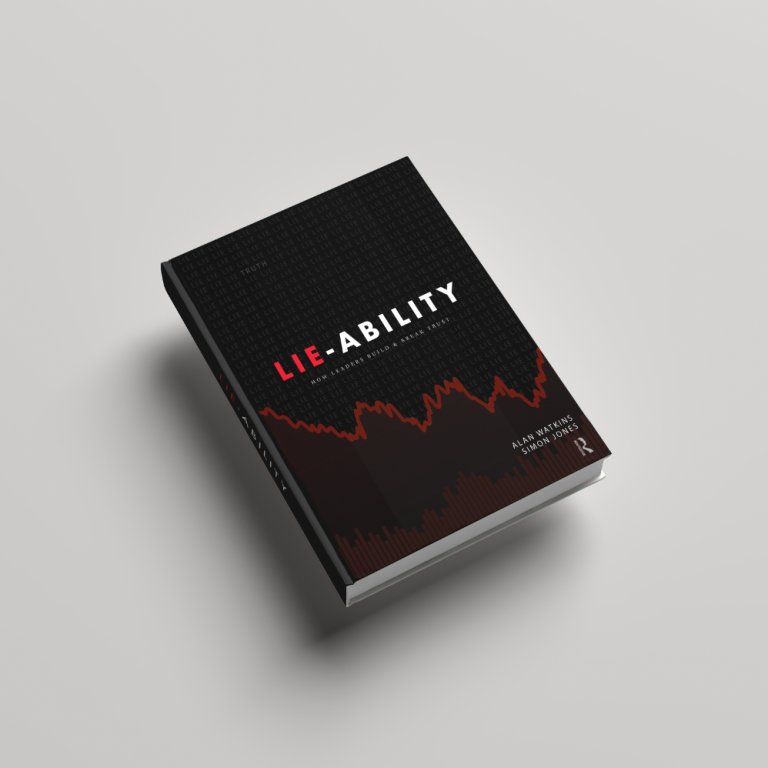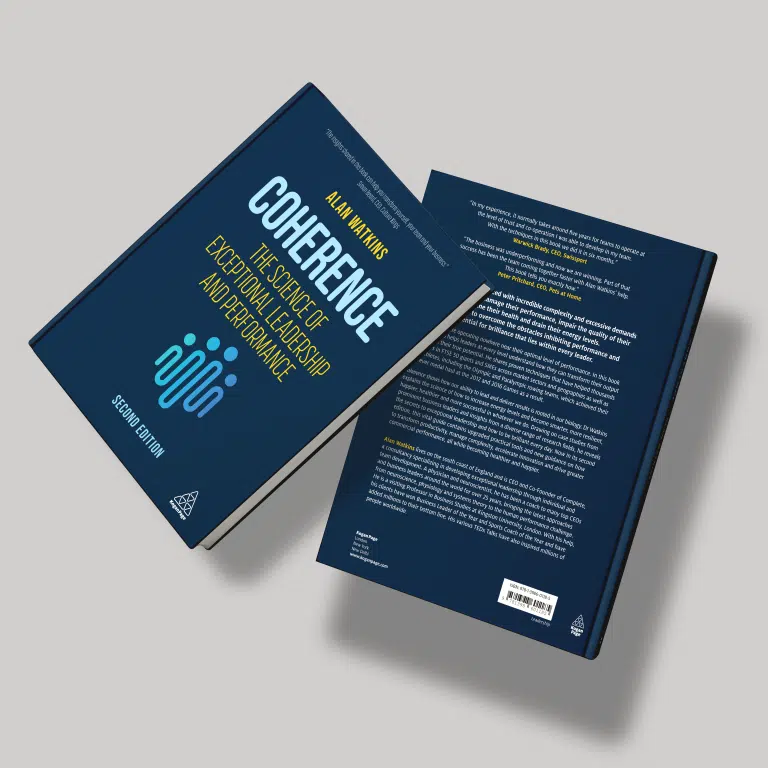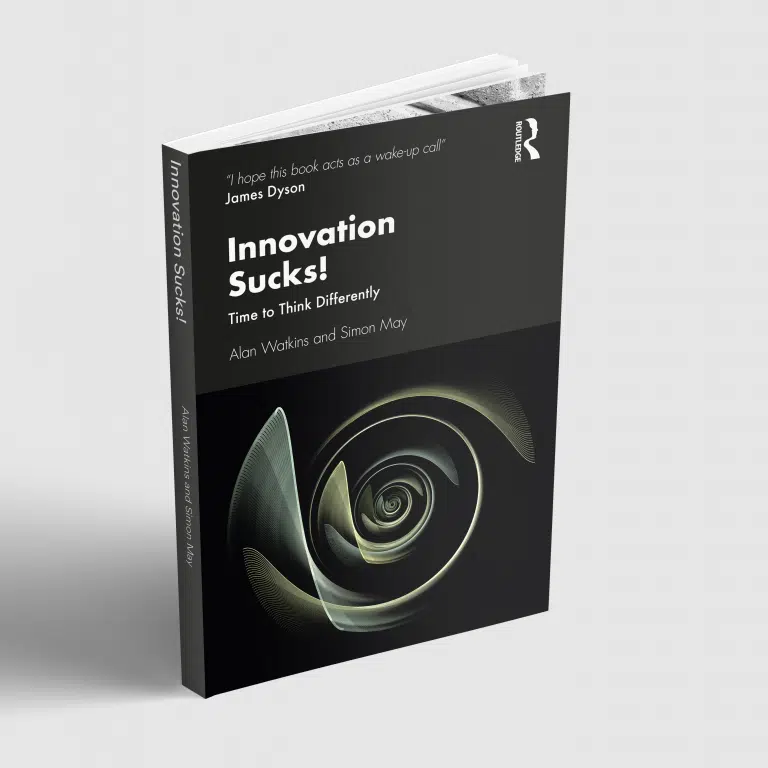It’s now more than three years since the World Health Organization officially classified burn-out as an “occupational phenomenon” and World Mental Health Day is a useful time to focus on this concerning syndrome.
Despite a growing willingness to talk about our emotional states, business leaders may be reluctant to admit to what others have perceived to be a weakness. For so long, leaders have been defined as tough, strong and resilient. To admit to struggling with work pressures takes a lot of courage.
Why do so many leaders put mental health at the bottom of their priority list? It may be a fear of failure or the intense desire to be successful. Some leaders may even have developed their own style based on role models of others. Those people somehow seem to survive on two hours sleep, run marathons, and yet are the last person to leave the office at the end of the day.
While not a trigger for every coaching engagement at Complete, we do see burnout in a number of our coachees. The earlier we get involved the better, but whatever stage a CEO is at, there are clear steps we can take to help.
Here are our three top tips for avoiding CEO burnout:
1. Change your physiology
It all starts with our physiology. If you panic, you directly affect your heart rate which sends chaotic signals throughout your body. That means you’re less able to handle the panic. Regular breathing exercises will help you deal with the anxiety before it can impede your performance.
2. Be aware of your emotions
So many leaders say they feel exhausted after a day at work. Why is this? It’s not as if many of us are physically exerting ourselves in the office. In fact, what’s tiring us is emotional. We let feelings such as worry manifest themselves as negative emotions in our body. We fail to take emotional control of our lives. If instead we could SHIFT focus to a positive emotion or a more neutral one, then we can then stop ourselves from leaking energy.
3. Stop leaking energy
Being aware or our emotions and being able to control our physiology enable us to retain energy. A practical solution to help with all these skills is to start creating an energy-bank throughout each day. Think about your deposits – what gives you energy each day. Then your withdrawals – what drains your energy each day. Once you have done this a few times you will start to notice patterns. If nothing in your working life gives you energy, are you in the right job? If the project you just handed over gives you the most energy, should you take it back and hand over something else?
Despite being an occupational phenomenon, burn-out need not affect you. The right coaching can teach you the skills to change your physiology, shift your emotional state and retain energy.














